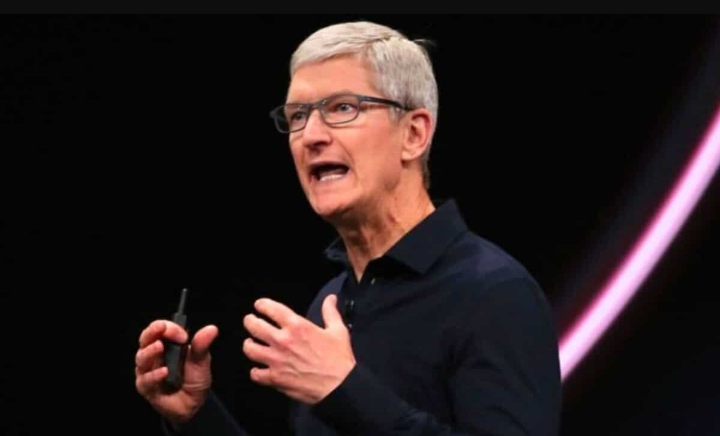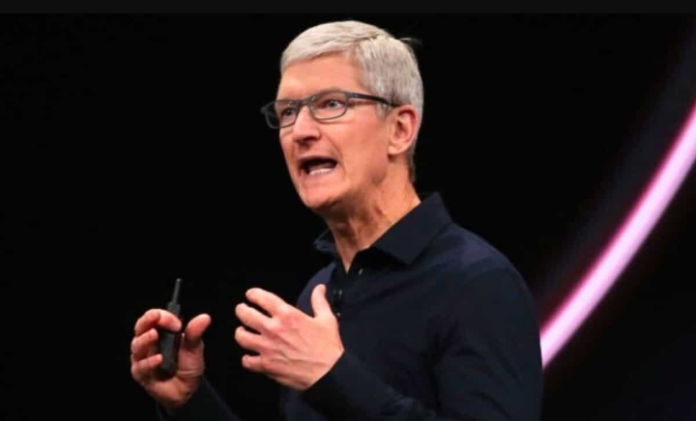The smartphone era may be coming to an end—at least, if some of the biggest names in tech have their way. Elon Musk, Mark Zuckerberg, and Sam Altman are leading a push toward a future where wearable technology, brain-computer interfaces, and augmented reality replace the devices we carry in our pockets. However, Apple CEO Tim Cook isn’t convinced, and he’s betting on a different future.
The Future: Brain Chips, Smart Tattoos, and AR Glasses
Elon Musk is at the forefront of this shift with Neuralink, his brain-computer interface company. Neuralink’s implants allow users to control devices using only their thoughts, bypassing the need for physical interaction. Two human test subjects have already received these implants, marking the beginning of what Musk believes will eventually replace smartphones entirely.
Meanwhile, Bill Gates is backing a different innovation—electronic tattoos. Developed by Chaotic Moon, these high-tech tattoos use nanosensors to track health, transmit data, and even enable digital communication. Imagine a future where instead of tapping on a screen, you simply think or move your hand, and your commands are executed instantly.
Mark Zuckerberg is taking a more familiar route, focusing on augmented reality (AR). He envisions a world where AR glasses handle most of our digital interactions, eliminating the need for smartphones. His company, Meta, is developing lightweight AR wearables that seamlessly overlay digital elements onto the real world. Zuckerberg predicts that by 2030, AR will be the dominant computing platform.
Apple’s Resistance: Smartphones Aren’t Going Anywhere
While these visionaries push for a post-smartphone world, Tim Cook is standing firm. Apple continues to refine its iPhone lineup, with the recently launched iPhone 16 showcasing AI-powered features that enhance user experience.
Cook believes smartphones are too ingrained in modern life to be easily replaced. Instead of abandoning them for futuristic wearables, Apple is committed to incremental upgrades that blend new technologies like AI and AR into existing devices. This strategy aims to maintain the smartphone’s relevance while gradually integrating emerging innovations.
Two Competing Visions for the Future
At the core of this debate are two contrasting philosophies: revolution vs. evolution.
Musk, Zuckerberg, and Altman argue for a radical transformation—replacing physical devices with wearable or implanted technology.

Apple, on the other hand, prefers gradual improvement, ensuring that smartphones remain the center of digital life.
The question isn’t just about what’s next, but whether society is ready for such a drastic shift. Privacy concerns, ethical dilemmas, and regulatory hurdles still stand in the way of mainstream adoption for brain chips and AR glasses.
What’s Next?
While the future remains uncertain, one thing is clear—change is coming. The smartphone as we know it may not disappear overnight, but its dominance is being challenged by new, disruptive technologies.
The real question is: will people embrace a world without smartphones, or will the comfort of familiarity keep them around for years to come?



